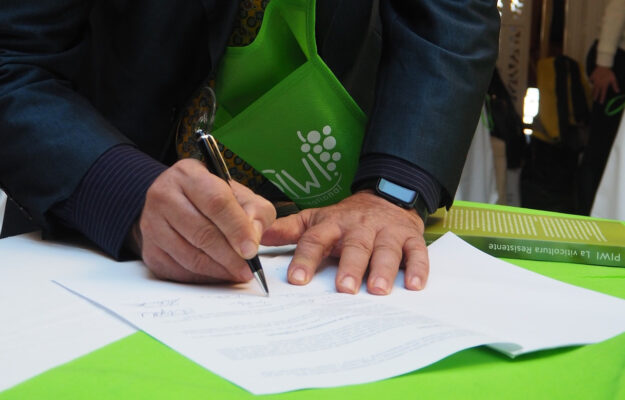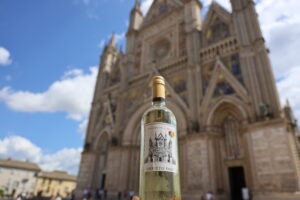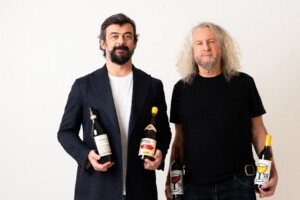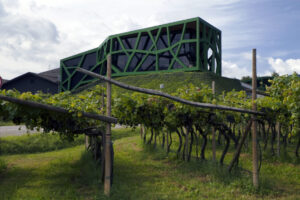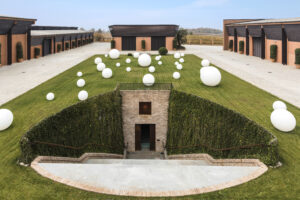For some they are the future of wine, for others a curiosity to look at, but in any case Piwi vines, created to be resistant to disease and climate change, are slowly gaining ground, or rather hectares, even in Italy. Where now “Piwi Italia” is born, an association based in one of the temples of vitienological and Italian research which is the Mach Foundation in San Michele all’Adige, where for a few years there has been a real Competition dedicated to the best wines from Piwi vines, produced in Italy, and where the first national assembly will be held, in spring. The first “Piwi Italia” president has been elected Marco Stefanini, head of the Grapevine Genetics and Genetic Improvement Unit in the Research and Innovation Center of the Edmund Mach Foundation in San Michele all’Adige, who will be joined by vice president Riccardo Velasco, director of the Viticulture and Enology Research Center (Crea-Ve) in Conegliano.
The founders are the presidents of the regional Piwi associations that exist today: Daniele Piccinin of Azienda Agricola Le Carline in Pramaggiore for Veneto, Thomas Niedermayr of Tenuta Hof Gandberg in Appiano on the Wine Road for South Tyrol, Antonio Gottardi of Cantina La-Vis and Valle di Cembra for Trentino, Stefano Gri of Cantina Trezero in Valvasone for Friuli Venezia Giulia, Alessandro Sala of Nove Lune in Cenate Sopra for Lombardy, and PierGuido Ceste of Azienda di Govone for Piedmont.
“This is a historic moment for Italian viticulture. Anyone who starts planting resistant varieties can join the association, which, in fact, now has more than 250 Italian producers”, said Stefanini. “The goals of the new association”, explained the newly appointed Piwi Italia president, “are to raise awareness and broaden knowledge of resistant varieties and to lobby, including at the political level, for other regions to authorize them while respecting regional peculiarities. Certainly, the use of resistant varieties makes agronomic practice more sustainable since resistances are natural. What we are trying to develop at the scientific level is more variability. There are 600 Vitis vinifera varieties listed in the National Vine Variety Registry; the 36 Resistant Varieties currently in the National Registry cannot replace 600 genotypes. Our research activities will precisely aim to make more and more resistant varieties available to winegrowers so that they can make the most of their land with the most suitable ones”.
Italy, a note explains, had a different path from other European states because the use of resistant varieties in vineyards was not authorized at the national level. Italy delegated to the regions, and some, such as Veneto, immediately worked to plant these vines. The following have since given permission for winegrowers to plant Piwi varieties: Trentino, Alto Adige, Lombardy, Friuli-Venezia Giulia, Piedmont (the founding regions along with Veneto), Emilia Romagna, Marche, Abruzzo, Lazio, and Campania. In terms of numbers, Veneto is the leading region followed by Friuli-Venezia Giulia, but with half of the varieties authorized on Veneto.
Copyright © 2000/2025
Contatti: info@winenews.it
Seguici anche su Twitter: @WineNewsIt
Seguici anche su Facebook: @winenewsit
Questo articolo è tratto dall'archivio di WineNews - Tutti i diritti riservati - Copyright © 2000/2025










